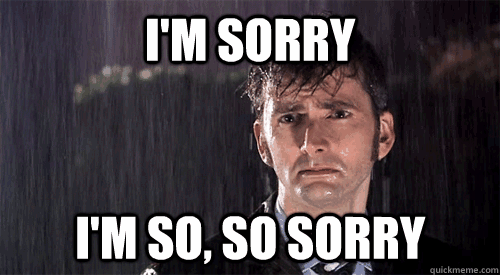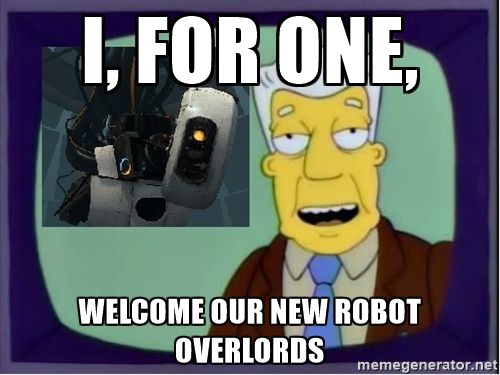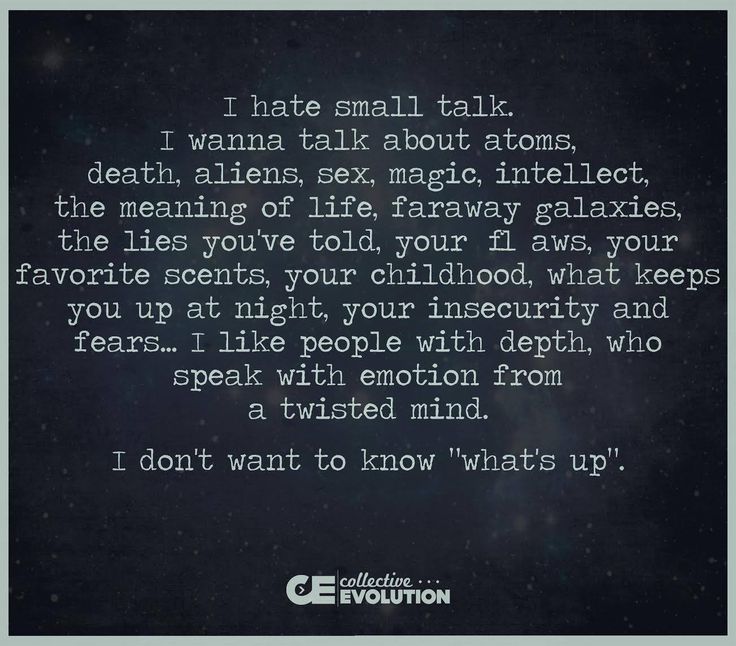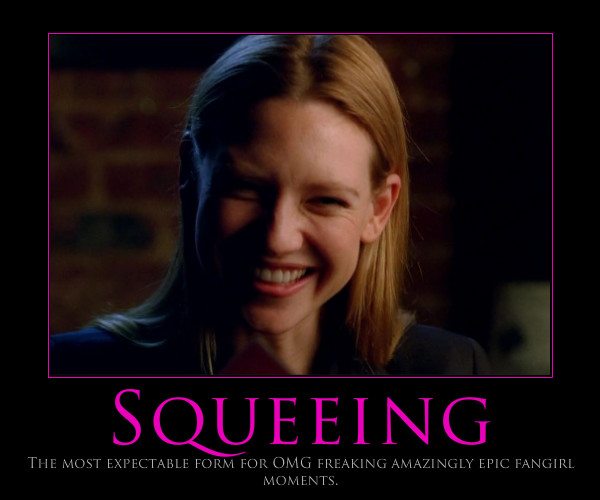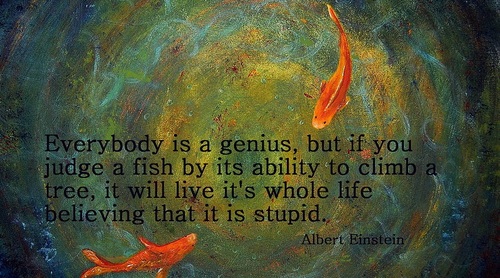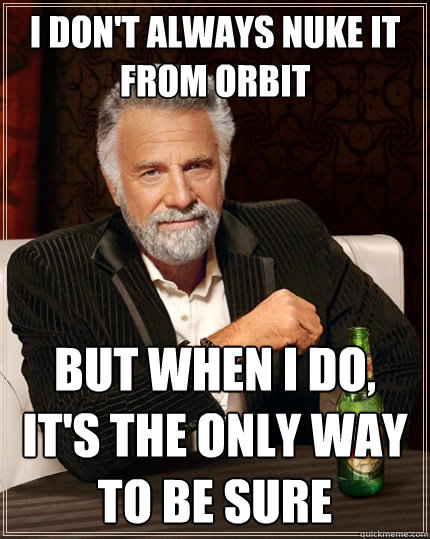Welcome to a semi-stream-of-consciousness type post wherein you get to see just a little bit of what goes on in my brain when I’m not forced to focus on something mundane. No, I’m not a physicist and I don’t pretend to be. I doubt I could ever hack the math to be one but I find the field interesting and spend an inordinate amount of time reading up on it because I’m weird like that.
Okay, this is not a review of the film because I’ve not seen it and have no plans to do so. No, this is my somewhat errant and wandering thoughts on gravity itself — the force that both binds and repels everything in our universe.

Newtonian gravity: still a better love story than Twilight
Newton, probably the greatest genius that humanity has ever known, was the first to accurately describe the effects of gravity and to deduce that they were caused by mass. The greater mass an object has, the greater its gravitational pull. Also, gravity is actually incredibly weak — two objects are attracted to each other by a product of their mass but by the attraction is inversely proportional to the square of the distance between them or F = G(m1 * m2)/r². Einstein later proved that gravity is an attribute of curved space-time which we all know from the whole “put a bowling ball on a mattress — the ball is a big-ass object and the mattress is space-time” thing.

Earth is the bowling ball, btw.
If you never did that, then you had a crappy childhood.
Gravity is also the force that hasn’t yet been unified with the other forces — electo-magnetisim, strong nuclear, and weak nuclear. It’s something that physicist have been having fits over for a while now since quantum theory can handle the other three but gravity seems to throw a spanner in the works. Gravity also impacts time. The closer something is to a heavy gravity field or the deeper in a gravity well an object is, the slower time moves for it.
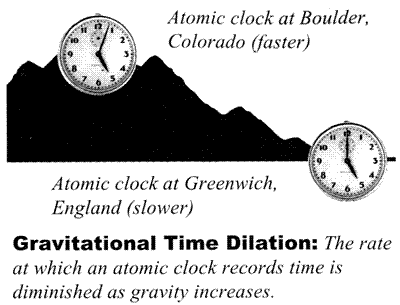
The secret to immortality? Live on a planet orbiting stupidly close to the event horizon of a black hole.
It’s a fun thing to think about if you’re as whacked in the head as I am.
But what, precisely, is gravity? Yes, it’s a force. Yes, it bends things in space-time. Yes, it has to do with mass and it can screw up time from a local perspective (go watch Interstellar to see what I mean). But what the devil is it? And why is it probably the first force discovered and described but the last to be unified with the rest of the lot (sorry — I’m slipping into British mannerisms because it’s late and I just finished watching The Imitation Game which is awesome and you should go watch it right now).
I’m beginning to suspect that gravity is playing on a much larger field than our universe and that it is not a native force here. It’s more like an invading force that stems from somewhere else. Electro-magnetisim and the nuclear forces are very much natives to our universe. But gravity is the guy from Corsica who comes around, invades places, and makes everyone under his command drive on the right side of the road. Gravity doesn’t just impact time: it’s the cause of it. Without it, we would live in a flat and static universe. Actually, scratch that, we’d live in a flat, static, and unimaginably hot universe and we probably did (we being the tiny quarks that compose everything, including our bodies and the electrical impulses firing between and among our neurons). Then comes gravity and all of a sudden: BAM! Since matter wasn’t uniformly distributed, it had something to screw around with. Clumps formed and attracted more matter to the bigger clumps and crap began spinning and the next thing you know, a few hundred million years go by and we have galaxies and stars and stuff. Gravity also caused space to expand faster than light (the inflationary period which may very well still be on-going and yes, space can go faster than light without violating any laws of physics).
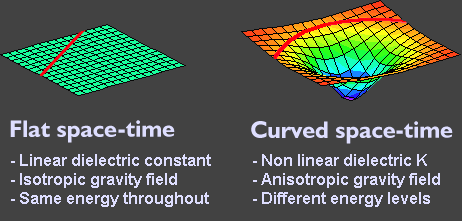
This is your universe without gravity invading it. The other is your universe with gravity being dumb and invading Russia in winter. Any questions?
But gravity didn’t arise here. It’s a force coming from somewhere else in the multi-verse or mega-sphere or whatever it’s called these days. We can detect its influence on our universe but I don’t think we can place it with the three other forces because it’s not just non-local; it’s completely foreign. It’s like it’s part of the bulk that our brane/universe rests on. Maybe like a kind of gel — like the kind you find in an ice pack. Where there’s a lot of matter, it presses down on the gel which, again, thanks to Newton we know will cause the gel to be pushed and bunch up elsewhere.

Crap like this is probably why G shouldn’t be allowed to read anything by Michio Kaku.
And yes. This is the kind of stuff I think about when I’m left to my own. It’s either this or whether or not I could dig deep enough to find something fissionable in my yard and I think that the world would prefer me not to develop my own backyard Manhattan Project.
By the way, you’re welcome for that.
— G.K.












